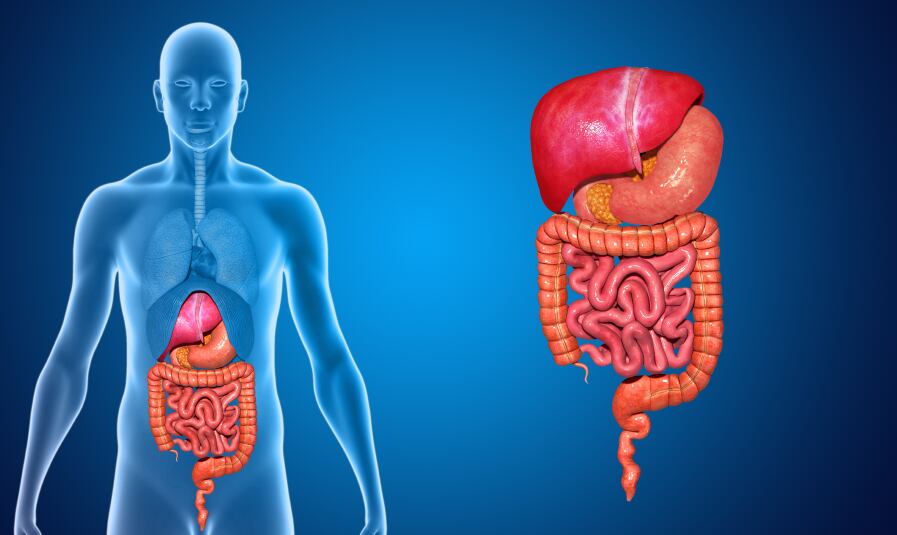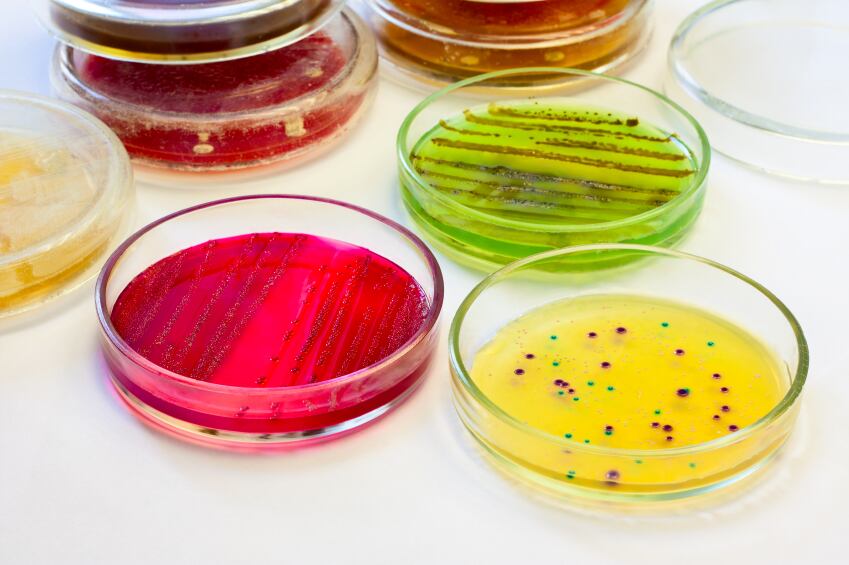The team reported a primary cure rate — defined as resolution of Clostridium difficile infection (CDI) after faecal microbiota transplant (FMT) — of 84.2% and 78.3% on day 30 and 90, respectively.
Secondary cure rate — defined as one or more further FMTs needed to achieve a sustained day 30 or day 90 response — was achieved in 87.5% and 85.9% of patients, respectively.
The findings make a compelling case for FMTs to be recognised as an effective individual treatment for C. difficile infection.
Faecal microbiota transplantation has not been approved by German regulatory authorities and can only be used for C. difficile infection if all other treatments have failed.
In March 2014, the National Institute for Health and Care Excellence (NICE) issued favourable guidance to the UK's National Health Service (NHS) on FMT for recurrent C. difficile infection.
It stated that evidence for its use was adequate provided arrangements were in place for clinical governance, consent and audit.
Observational study

A total of 133 patients were chosen to take part in the long-term retrospective multi-centre observational study.
Most patients receiving FMT were females (64.7%) of advanced age (59 –81 years). 16 patients (12.0%) received FMT due to lack of response to all standard treatments.
Antibiotic treatment prior to the FMT procedure was administered in 99 cases (74.4%), with oral vancomycin being by far the most frequently chosen option (71 patients; 53.4%).
Frozen faecal preparations were used in 20 cases (15%) and administration via the duodenal route was the most frequently applied option according for 44.4% of patients, followed by colonic (41.1%), capsule (9.8%) and gastric administration (3.0%).
A second FMT was administered to 18 patients (13.5%), and one patient (0.8%) received four FMT procedures.
The study reported no serious adverse effects or deaths related to FMT within 30 days of the treatment either immediately after the FMT or during follow up.
“We recognised a trend towards improved responses associated with applications via the lower gastrointestinal route, followed by encapsulated frozen oral preparations,” said the German Clinical Microbiome Study Group based at the University of Cologne.
“These findings do not allow any conclusions on the impact of these measures on clinical effectiveness of FMT, since there are a number of limitations to our retrospective data collection,” the study added.
Faecal issues

FMT has been identified as a viable and efficacious approach for decades but it wasn’t until 2013 that the first randomised trial evaluating the clinical effectiveness of FMT was carried out.
Here, a sustained clinical cure rate in more than 90% of patients with C. difficile was achieved.
While the exact mechanism remains unclear it is thought the FMT therapy replaces the protective gut bacteria disturbed by antibiotic treatment.
Once the bacterial ecosystem has been disrupted by these medicines, C. difficile emerges as the dominant species due to the loss of the population controls it within the microbiome.
Other theories point to the possibility that the transplantation of donated bacteria results in an immune response, assisting in the suppression of C. difficile.
Other points of question revolve around the identity of which bacteria are most effective and in what numbers or ratios.
Drawbacks for this unique treatment for C.difficile can include safety and availability as questions arise as to how faecal matter can be stored for long periods without loss of bioactivity.
This becomes more of an issue in the healthcare environment as a reliable and uncontaminated source of treatment.
Source: Deutsches Ärzteblatt International
Published online ahead of print, DOI: 10.3238/arztebl.2016.0583
“Fecal Microbiota Transplant in Patients With Re current Clostridium Difficile Infection.”
Authors: Stefan Hagel, Andreas Stallmach and Maria Vehreschild
